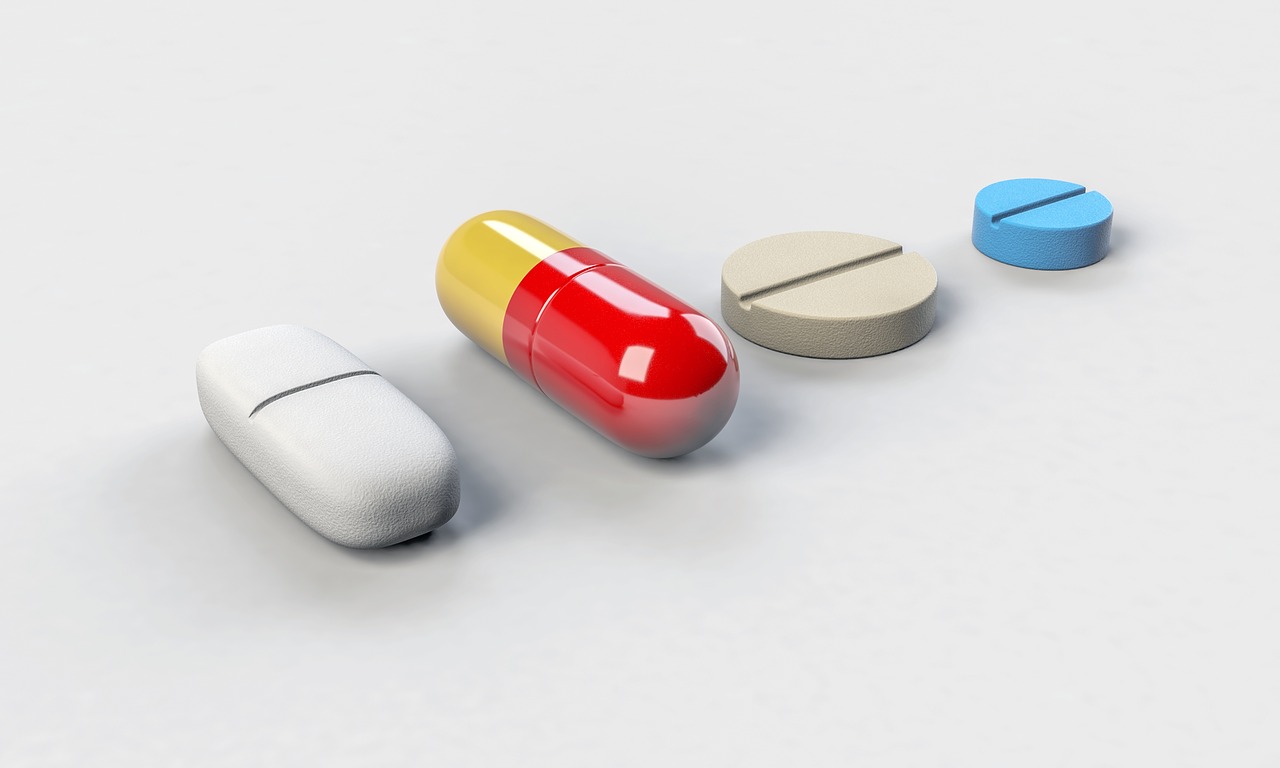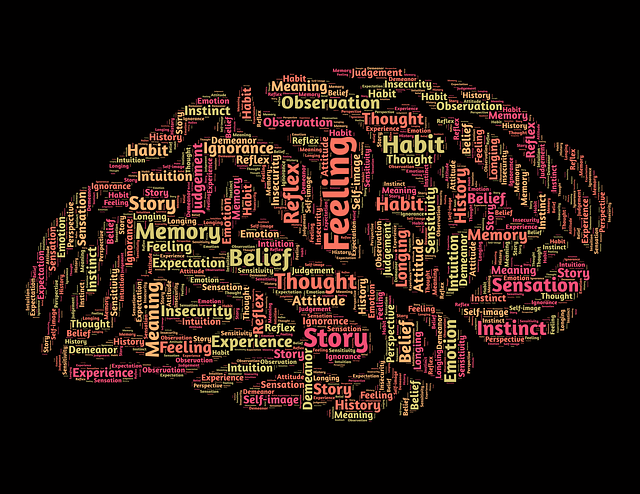THIS is One of the Most Damaging Choices for Your Body
The Hidden Dangers of Exercising Sleep-Deprived
In a world obsessed with fitness and productivity, it’s easy to fall into the trap of thinking that more is always better. More exercise, more work, more hours in the day to achieve our goals. But what if I told you that one of the most damaging choices you can make for your body is to exercise while sleep-deprived?
Pushing through a killer workout on just 3-4 hours of sleep may seem like a badge of honor, but it’s a recipe for disaster. From hindered muscle recovery and disrupted hormones to increased fat storage and a weakened heart, the consequences of sleep deprivation while training are not just harmful—they can be life-threatening.
The High Price of Sleep Deprivation: What Happens When You Train Without Sleep
We all know that exercise tears your muscles—a normal and necessary part of the workout process. But here’s the catch: the real magic happens after the workout, not during it. It happens when you’re sleeping. Sleep is when your muscles regenerate, repair, and grow. Without adequate sleep, you’re essentially sabotaging the progress you’ve worked so hard for in the gym.

Let’s break down the consequences of pushing through intense workouts when sleep-deprived:
Hindered Muscle Metabolism
Muscle metabolism, or the process by which your body converts food into energy and repairs muscle, is greatly impaired when you’re sleep-deprived. Protein synthesis, the process of building new muscle, slows down, leaving your muscles weaker and slower to recover.
Disrupted Human Growth Hormone Balance
Human growth hormone (HGH) is crucial for muscle repair and lean muscle growth. Unfortunately, sleep deprivation throws HGH production out of whack, reducing your ability to build muscle. This means that while you’re sweating it out at the gym, your body isn’t able to capitalize on your hard work because it doesn’t have the time or resources to repair itself.
Increased Risk of Injury and Prolonged Muscle Soreness
When you’re sleep-deprived, your body’s ability to repair microtears in the muscle is diminished, leading to prolonged muscle soreness. As a result, you become more prone to injuries since your body hasn’t fully recovered from previous workouts. Instead of strengthening your muscles, you’re breaking them down further without giving them a chance to heal.
Out-of-Control Inflammation
Inflammation is part of the natural repair process, but when you’re sleep-deprived, inflammation spirals out of control. Chronic inflammation, which is the root cause of many diseases like heart disease, arthritis, and diabetes, gets a foothold when your body is not well-rested. This systemic inflammation can wreak havoc on your health, contributing to a wide array of problems from joint pain to cardiovascular issues.
Weakened Immunity
Your immune system is also significantly impacted by lack of sleep. During sleep, your body produces cytokines, proteins that help your immune system fight off infections and inflammation. Without enough sleep, your immune response is compromised, making you more susceptible to illnesses and infections.
The Hormonal Fallout: Why You’re Craving Carbs and Storing Fat
Sleep deprivation doesn’t just affect your muscles; it wreaks havoc on your hormones, too. When you’re sleep-deprived, your body flips into “Sympathetic Nervous System” mode, better known as the fight-or-flight response. This state raises levels of cortisol (the stress hormone) and adrenaline, throwing other hormones like insulin, thyroxine, testosterone, estrogen, leptin, and ghrelin completely off balance.
Cortisol and Fat Storage
High cortisol levels tell your body to hold onto fat—particularly around the belly. Instead of burning fat during your workout, your body becomes a fat-storing machine, fighting to preserve energy because it’s operating under stress. This is why sleep deprivation can lead to weight gain, no matter how hard you’re exercising or how clean you’re eating.
Appetite Dysregulation
Two key hormones—leptin and ghrelin—control your hunger and fullness signals. When you’re sleep-deprived, leptin (the hormone that tells you you’re full) decreases, while ghrelin (the hormone that stimulates hunger) skyrockets. This imbalance makes it harder to regulate your appetite, leading to intense cravings for carbs and sugar, further contributing to fat storage.
The Hidden Connection Between Sleep Deprivation, Intense Workouts, and Cardiac Arrest
The consequences of sleep deprivation and intense training don’t just stop at weight gain or poor recovery—they can affect your heart. Chronic inflammation from sleep deprivation is a major contributor to heart disease, and pushing through intense workouts when your body is not rested can amplify this risk.
Sleep deprivation increases your heart rate and blood pressure, putting extra strain on your cardiovascular system. Over time, this chronic stress and inflammation can lead to serious heart issues, including cardiac arrest. It’s no coincidence that many athletes who train rigorously without adequate rest have been found to have heart complications later in life.
What Should You Do? Listen to Your Body

So, what’s the solution? It’s simple: prioritize rest. If you’re sleep-deprived, skip that marathon run or heavy weight-lifting session and opt for a lighter workout instead. Yoga, walking, or gentle stretching can keep you moving without placing additional stress on your body.
Feel bad about missing your workout? Use that guilt to fuel a commitment to better sleep. There’s immense value in listening to your body. When you rest, you’re not being lazy—you’re priming your body to handle the next intense workout effectively.
Why Sleep Should Be Part of Your Workout Plan
Exercise causes muscle damage, which is a normal part of building strength. But it’s not in the gym where your muscles grow—it’s during deep sleep. Sleep triggers a cascade of regeneration, repair, and growth. It’s the unsung hero of recovery. Without sufficient sleep, your body can’t heal, and your muscles can’t rebuild.
This delayed recovery not only makes you more prone to injury but also hinders your progress. You might be hitting the gym hard every day, but if you’re not seeing results, poor sleep could be the culprit. When sleep is compromised, the body produces less human growth hormone, the key ingredient needed for building lean muscle and burning fat.
If you’re serious about fat loss, you need to focus on lean muscle growth. The more lean muscle your body holds, the more efficient your fat-burning process becomes. Sleep is a crucial component of this equation.
Sleep Is Non-Negotiable for Success
At the end of the day, no matter how fancy your workout routine is, if sleep is not part of your plan, your results won’t be sustainable. Prioritize sleep as much as you prioritize your workouts, and you’ll see the difference not just in your physical performance, but also in your mental clarity, mood, and overall well-being.
So, the next time you’re tempted to push through a workout after a sleepless night, think twice. You’re not only risking poor performance—you’re also jeopardizing your long-term health. Sleep is the key to unlocking your body’s true potential. #SleepDeeperIndia
ALSO WATCH THIS
Need personalized coaching to sleep better?
Set up a one-on-one consultation with our integrative team by reaching out to us at
1800 102 0253 or write to us at consults@lukecoutinho.com.
|
From a pimple to cancer, our You Care Wellness Program helps you find a way Talk to our integrative team of experts today 18001020253 |










Leave a Reply